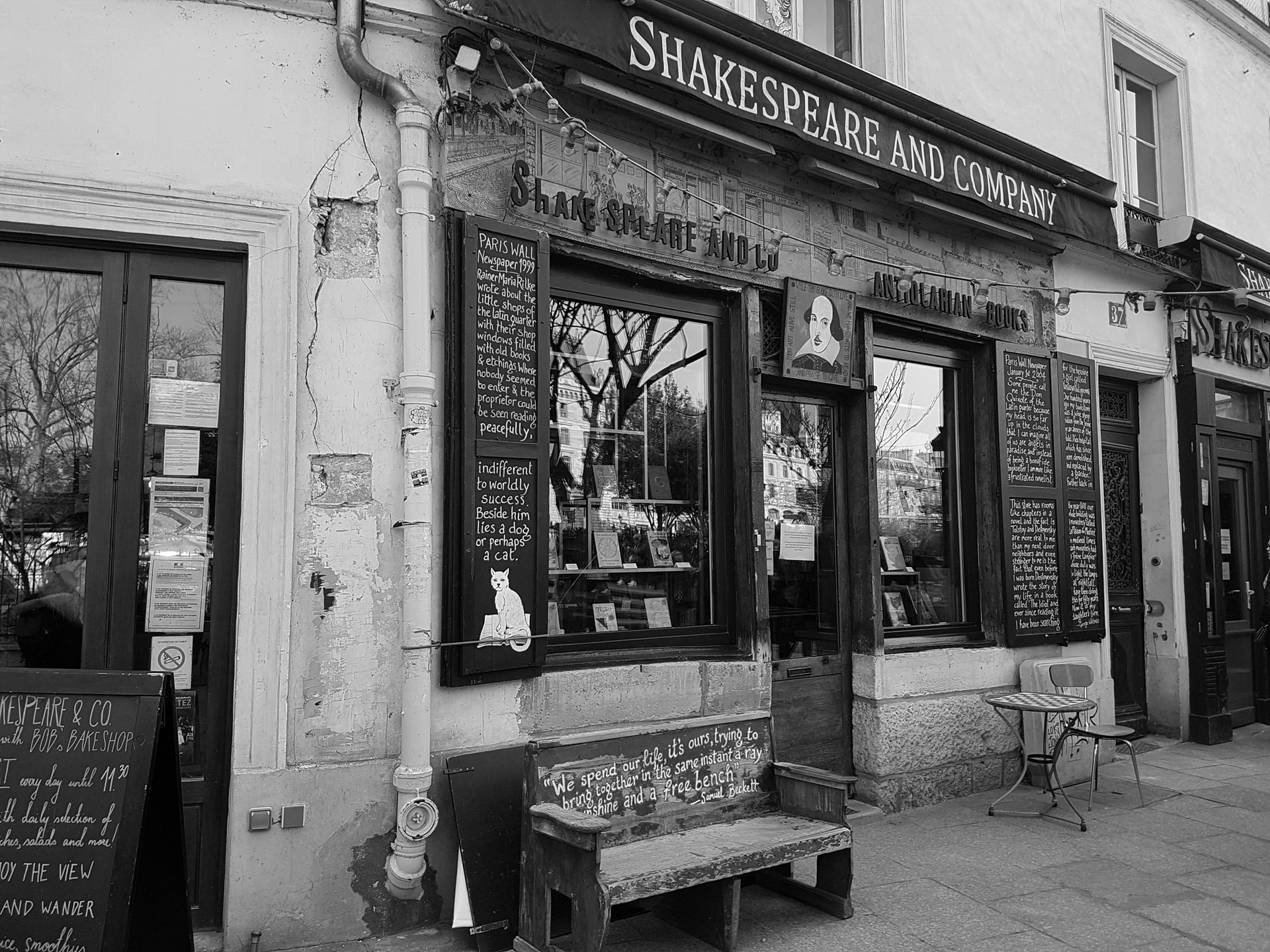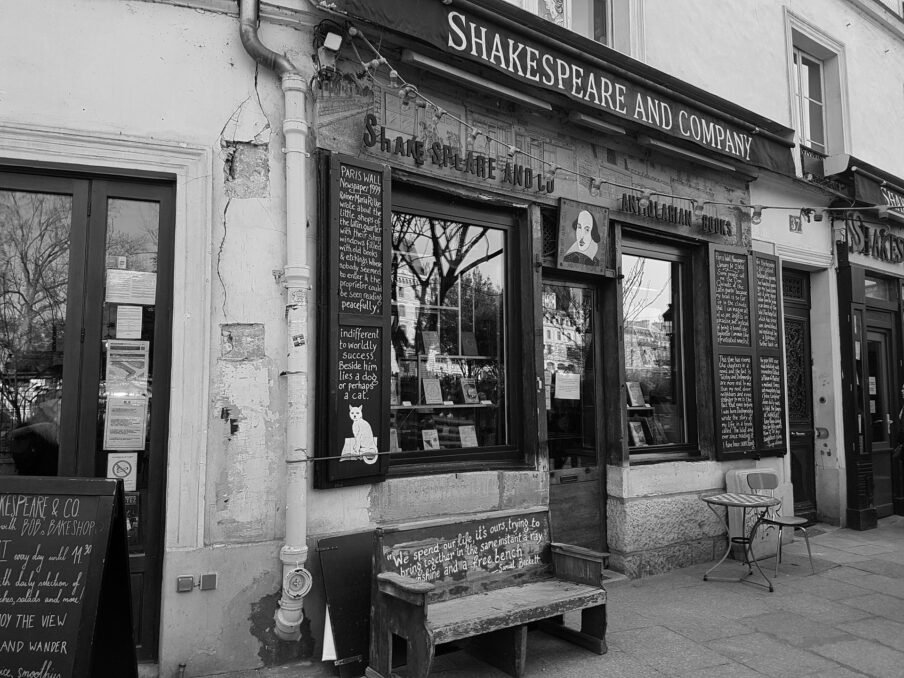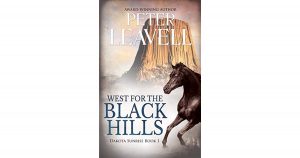by Peter Leavell, @PeterLeavell

I just finished reading a historical fiction. The storyline was okay, the writing good, and the characters unremarkable but interesting. I read fast.
The main character was tortured by Russian operatives in occupied East Berlin during the Cold War. He was repeatedly beaten and knocked unconscious. His inner dialogue was necessarily searching for answers.
He was saved in a prisoner swap, and after psychologists talked with him, they admitted he was not mentally capable of finishing his law degree.
As a writer, I took note. I hadn’t noticed a change in his inner monologue. I believed, as the main character did, that he could handle the workload.
Then, the author made magic happen.
His love interest discovered he was alive and visited. The scene took place from her point of view. I had believed him to be the same person on the interior, on the exterior he could barely speak, couldn’t make eye contact, and couldn’t control his trembling.
While his mental voice was unchanged for the reader and main character, his interactions with other characters had changed drastically.
Brilliant.
As a writer, find gems in other works. You’ll be a better writer by creating your own gems.
Here’s how to find gems.

Be a wordsmith.
That’s it.
Love words. Love them so much that the clever combination will change your life. This is done by active reading and engaging with the text.
I remember when I first read Millay’s ‘Dirge Without Music.’ The poem ends:
“I know. But I do not approve. And I am not resigned.”
Millay’s ‘Dirge Without Music’
Or Shakespeare:
“How far that little candle throws its beams! So shines a good deed in a naughty world.”
Shakespeare’s Merchant of Venice (Act V, Scene I)
“Though she be but little, she is fierce.”
Shakespeare’s A Midsummer Night’s Dream (Act III, Scene II)
And as age and experience teaches you the value of clever words, you will find the best phrases and use them appropriately.
“With mirth and laughter let old wrinkles come.”
Shakespeare’s Merchant of Venice (Act I, Scene I)
Now, go create your own gems!
Philip Anderson keeps his past close to the vest. Haunted by the murder of his parents as they traveled West in their covered wagon, his many unanswered questions about that night still torment him.
His only desire is to live quietly on his homestead and raise horses. He meets Anna, a beautiful young woman with secrets of her own. Falling in love was not part of his plan. Can Philip tell her how he feels before it’s too late?
With Anna a pawn in the corrupt schemes brewing in the nearby Dakota town, Philip is forced to become a reluctant gunslinger. Will Philip’s uncannily trained horses and unsurpassed sharpshooting skills help him free Anna and find out what really happened to his family in the wilderness?

Peter Leavell, a 2007/2020 graduate of Boise State University with a degree in history and a MA in English Literature, was the 2011 winner of Christian Writers Guild’s Operation First Novel contest, and 2013 Christian Retailing’s Best award for First-Time Author, along with multiple other awards. An author, blogger, teacher, ghostwriter, jogger, biker, husband and father, Peter and his family live in Boise, Idaho. Learn more about Peter’s books, research, and family adventures at www.peterleavell.com

